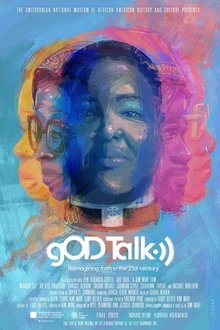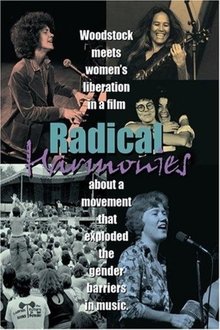The Bauls of West Bengal are nomad musicians who practice a traditional form of concert challenged by the increasing modernization of India. The term "Fous" here refers to those inspired and wandering musicians of Bengal known as Baül. The word Baül is derived from the Sanskrit word "vatul," which means "mad" in the sense that it commonly connotes a more or less frenetic behavior in French. The Baül are peculiar individuals, particularly in their mannerisms, customs, and practices. Although they may belong to either the Hindu or Muslim religion, the Baül refuse to be guided by any social or religious conventions. Freedom of spirit is their only guide. They thus move against the tide of habits, preconceived notions, and general theories. "Le chant des fous" (The Song of the Mad) is a film made by Georges Luneau.
Related Movies
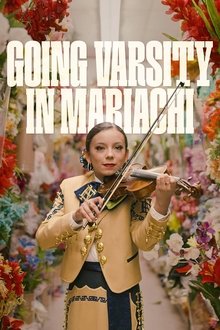
Going Varsity in Mariachi (2023)
A year in the life of an underdog competitive high school mariachi band in the Texas borderlands.

MAMI KAWADA LIVE TOUR 2008 "SAVIA" LIVE & LIFE vol.2 (2008)
Concert film and documentary of Mami Kawada's second live tour "SAVIA" featuring the live concert and the documentary in the making of the film for her "SAVIA" tour. The concert film itself was filmed on August 8, 2008 at STUDIO COAST in Tokyo.

Michelle McManus: Talent Show Winners (2023)
Twenty years on from winning Pop Idol, Scottish singer Michelle McManus reflects on her roller coaster life and career, and revisits iconic TV talent show moments.

Family Meeting (2007)
Revolves around the 20-year celebration of the Wentus Blues Band and their jubilee concert at the Aleksanteri Theater in Helsinki.

Cseh Tamás énekel (1980)
Smoky little clubs, late nights, late nights of conversation over a glass of beer and a guitar. The lyricist Géza Bereményi and the composer-performer Tamás Cseh are the creators of the most topical and accurate songs of the 70s and 80s, expressing the mood of the "30s and 40s" of that time - a mood that was their own destiny. This stunning recording from 1980 includes songs like Tangó, Álomfejtés, Szabó Kálmán tegnap este..., A 100. éjszaka, A legjobb viccek, Születtem Magyarországon, A dédapa dala, Egy bogár, Krakkói vonat, Az ócska cipő, Filmdal.
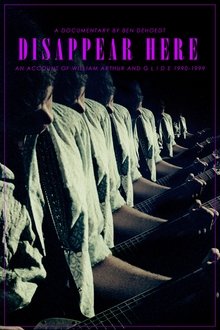
Disappear Here (2025)
The vexed question of how to live an artistic life is illustrated in DISAPPEAR HERE, the story of Australian 90's alternative group Glide and founding songwriter William Arthur - in an atmospheric, texturally rich exploration of thwarted ambition in the independent music scene of 1990's Sydney. This extraordinary artist and the shifting sands of the music industry are revisited by band members as well as Aussie music industry luminaries including Tim Rogers (You Am I), Jamie Hutchings (Bluebottle Kiss), Peter Fenton (Crow) and Jane Gazzo (ABC's Recovery and Triple J). DISAPPEAR HERE is a completely independent production which was directed, shot, edited and written by Ben deHoedt.
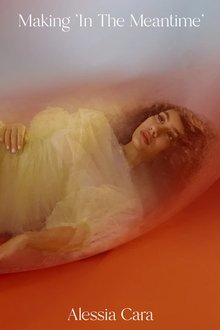
Making 'In The Meantime' (2022)
Through collected footage, this self-made documentary highlights the collaboration between Alessia and her producers during the making of her third album In the Meantime, offering fans an intimate glimpse into the making of the visual and the personal connection Alessia has to each track.

Beyonce & Jay-Z: Power Love (2021)
A merger of megastar music. Discover the story of multi-genre performer and fashion promoter, Beyonce Knowles sand the world's first hip hop billionaire, Jay-Z.
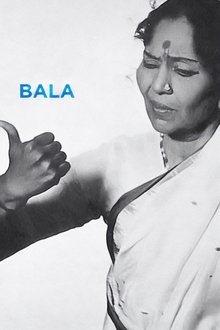
Bala (1976)
A documentary about the aging prima ballerina Balasaraswati (popularly known as "Bala"), the most famous exponent of the Bharatanatyam dance.

Radioactive Vampire Teeth (2023)
A short documentary exploring Calgary noise-rock band, Radioactive Vampire Teeth.
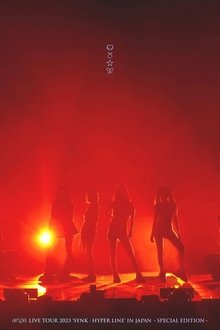
aespa LIVE TOUR 2023 ‘SYNK:HYPER LINE’ in JAPAN -Special Edition- (2023)
SM Entertainment girl group aespa launched their first worldwide tour SYNK: HYPER LINE in 2023. For the Japan leg of the tour, the girls held 12 concerts including shows in Osaka, Saitama, Nagoya and Tokyo. This release features full recordings of two aespa performances at Saitama Super Arena in April and Tokyo Dome in June!

Understanding Lennon/McCartney (2018)
This 5-part series is the most intimate, comprehensive biography ever made on John and Paul. Told almost entirely through their own words and music, with information culled from a variety of direct sources and compiled in a way that has never been done before, it directly challenges many of the dominant narratives in Beatles mythology.
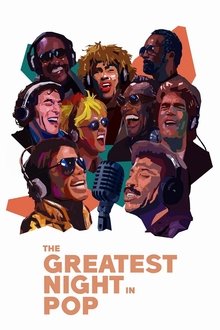
The Greatest Night in Pop (2024)
On a January night in 1985, music's biggest stars gathered to record "We Are the World." This documentary goes behind the scenes of the historic event.

Reclaiming Amy (2021)
To mark the ten year anniversary of her death, Amy Winehouse's closest family and friends reveal the truth about the music icon and the impact that her loss has had on them. With access to never-before-seen family archives and rare musical performances, this highly personal and powerful account of the life and death of one of Britain’s best-loved musicians offers a new interpretation of her life, her loves and her legacy.
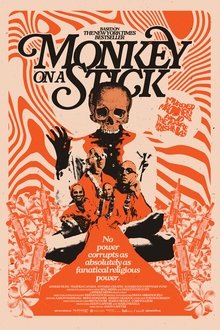
Monkey on a Stick (2024)
The story of the Hare Krishna movement in the West, contrasting the spiritual exploration of its devotees with the leadership's systemic, long-term cover-up of criminality, moral decay and abuse of power.
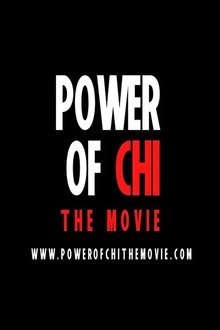
Power of Chi (2022)
The mysterious chi is presented as a force that can be produced by the master and defies all explanation.


